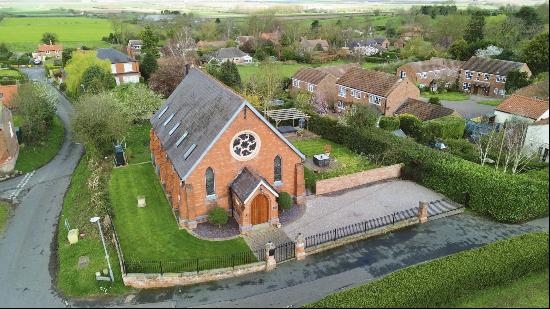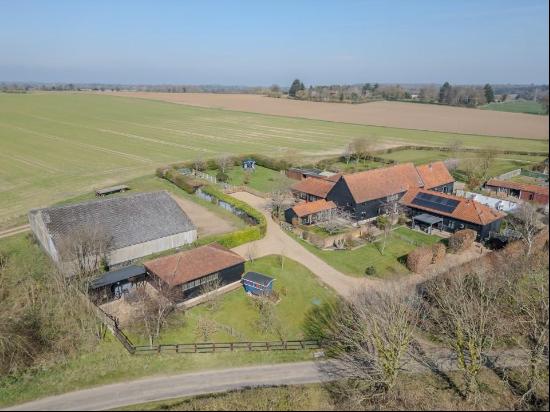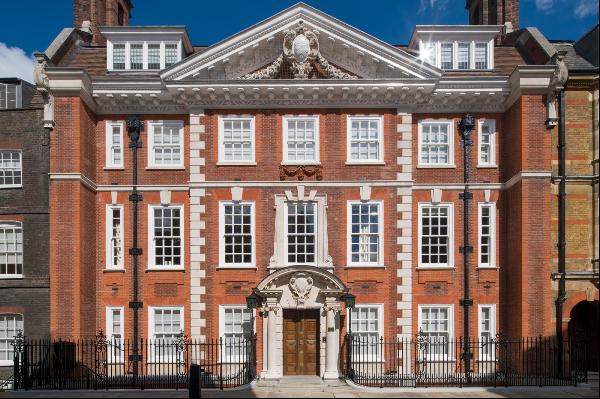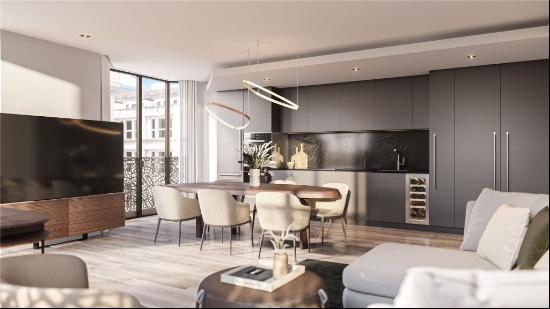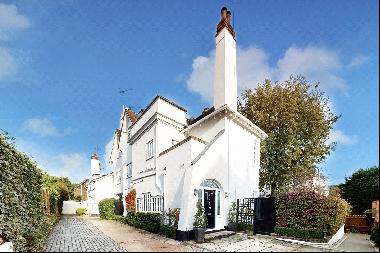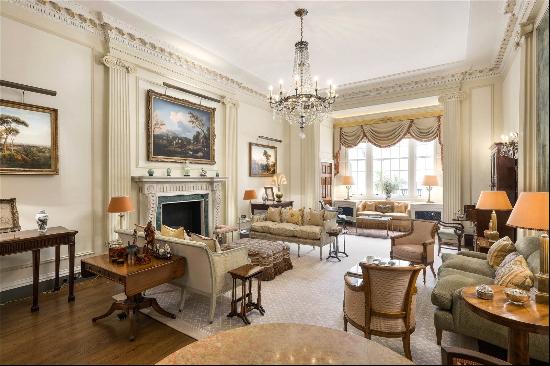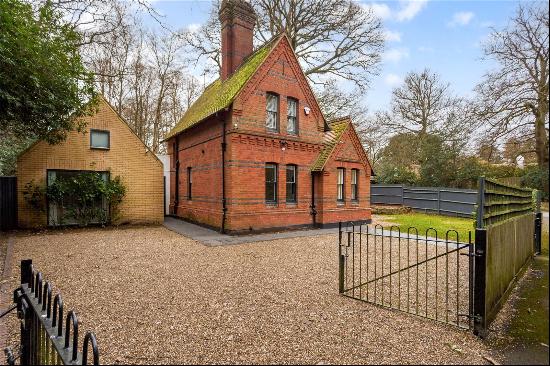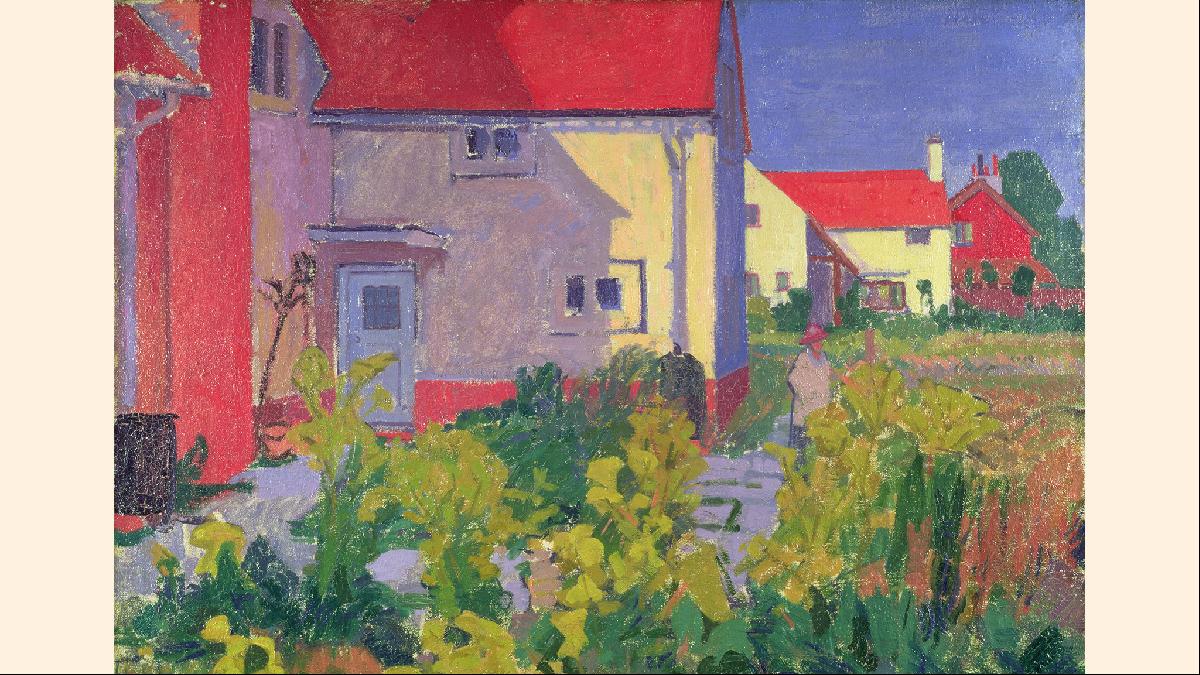
By Jade Angeles Fitton
Housesitting can be a transformative experience. More than just looking after someone else’s house, it can feel as if you are temporarily adopting their lifestyle — only without their bills or relatives. Liberated from responsibilities, the world can appear fresh and vivid, as if revealed from beneath layers of dull varnish.
Painter Spencer Gore experienced this revitalisation when he housesat for Harold Gilman, a fellow member of the Camden Town group of artists. Gilman’s home in rural Letchworth, Hertfordshire, was a world away from the small flat Gore and his wife shared in London, and between August and November of 1912, he enjoyed the luxury of a house designed for an artist, complete with a studio, cottage garden and spacious rooms. It would be a defining moment in Gore’s career.
Like many of the paintings he produced during his stay, “Harold Gilman’s House At Letchworth” (main picture, above) marked a transformation in his work. Rural scenes naturally replaced the urban subjects that he had painted in London, but he also departed from an Impressionist-influenced style to embrace vibrant Fauvist, and even Cubist leanings. His work became about colour and essence. The magic is how the light falls against the peach walls and the luminous red roofs; how through that light you can imagine the garden in the shade. It’s so evocative it’s as if you have experienced that sunset yourself.
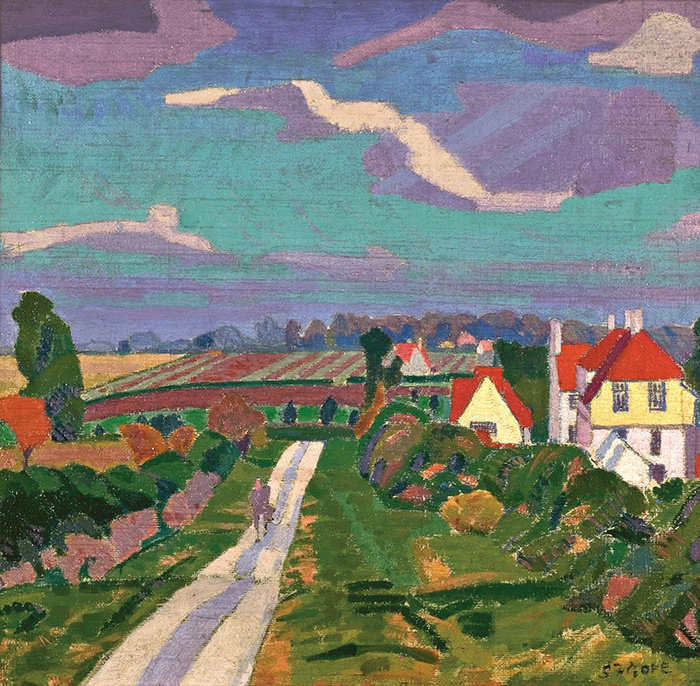
I’ve done a lot of housesitting and in some impressive places — one even boasted an artist’s studio like Gilman’s — but my ideal housesitting experience remains a fantasy. It would be located somewhere nondescript on the continent. It is rustic but with tastefully hidden mod-cons. There’s a veranda on which to sit while drinking 2014 Saint-Émilion from the cellar, because the owner’s wealth imbues an optimism that there will be many good vintages to come. Various ornamental fowl flutter in the gardens and a cutting-edge talking fridge pays me compliments. A water feature babbles through the heat of the day beside a vegetable garden, from which I feed myself and coax seeds into germination.
After a few weeks, however, I know I’ll tire of climbing the stairs to my little attic bedroom. The fridge is a sycophant. The peacocks’ magnificence has become a little unseemly. The water feature has developed an algal clog and I’m starting to see why my hosts vacate during peak summer; the wind is as hot as a hairdryer if you go outside after 8am. There’s a glut of courgettes it’s my responsibility to eat, otherwise they’ll attract rats, and I’ve begun to yearn for my comparative hovel, damp and austere as it may be.

Perhaps that’s the magic of housesitting — that you leave, but you leave with a new perspective on the world. At Letchworth, Gore discovered a love of painting outdoors. Even if this is thought to have contributed to his death from pneumonia, two years after he returned to London, it shows how housesitting can open you up to new experiences.
As inspiring as it can be, I always realise I’m glad to be back whenever I return home from housesitting. With big houses come big responsibilities — ones I’m not quite ready for — but how nice it was to live that life, to see how the light fell on someone else’s walls for a while.
Photography: Leicester Arts and Museums Service/Leicester Museums & Galleries/Bridgeman Images; Alamy Stock Photo










